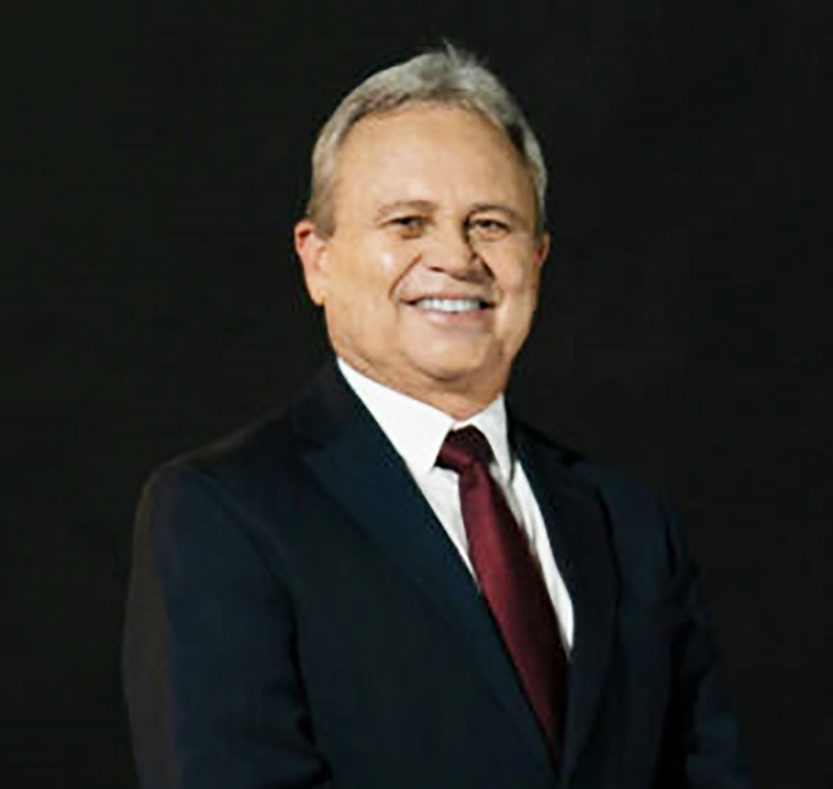In circumstances where fellow Caribbean Community (CARICOM) countries, not least Guyana, have been accused of compromising the effectiveness of state institutions in pursuit of their substantive responsibilities, Trinidad and Tobago’s Finance Minister, Colm Imbert, according to the Trinidadian Guardian August 14, 2024 report, has been parading his country’s “strong checks and balances for good governance credentials” in a presentation at the recent 4th Dialogue on Governance for Development in Latin America and the Caribbean at the Hyatt Regency (Trinidad) hotel in Port-of-Spain.
The Guardian said that while the Trinidad and Tobago minister gave no indication that he was making a comparison with any other CARICOM member country, it is known that, both in the region and beyond, concerns have been expressed regarding the perceived misuse of state institutions in Guyana to further political ends. In his address, Imbert asserted that while “some may disagree”, Trinidad and Tobago “has a series of strong institutional checks and balances that establish and maintain a solid platform for good governance.”
‘Good governance’ embraces a number of virtues that are used to measure the quality of governance afforded countries by their political administrations. The Guardian said some of its critical constituent elements include, a priori, proper management of state and societal resources, protection of people’s interests, sustained focus on efficient public sector management, the maintenance of efficient and effective legal frameworks, accountability, transparency and the free flow of information. Other considerations that go towards measurement of good governance credentials include measuring how public institutions conduct public affairs and manage resources and ensuring that human rights are realized without abuse and corruption.
Over the years, questions have arisen regarding the good governance credentials of political administrations in some CARICOM member countries, including Guyana. Among other criteria, good governance also embraces the transparency and fairness applied in matters that include how public institutions conduct public affairs and manage resources. “We have an independent judiciary, a free press, a constitution that respects the rights and freedoms of all citizens” and a mindfulness of “actions and decisions and the performance of all state enterprises and statutory authorities,” Imbert is quoted in the Guardian as saying.
The Guardian said he went on to state that Trinidad and Tobago also had “an independent Elections Commission, a robust system for access to official information, and systems for challenging public authorities’ decisions, among many other checks and balances.” The issue of fairness and transparency, or otherwise, has been the bane of Guyana’s political existence over several decades.
In seeking to underscore aspects of good governance culture in the twin-island Republic, Imbert, in his address, also reportedly drew attention to institutions in the public sector, including Trinidad and Tobago’s Public Procurement and Disposal of Public Property Act, which was made fully operational in April 2023, which he sees as playing a crucial role in advancing effective governance in Trinidad and Tobago. Contextually, Imbert cited the Trinidad and Tobago Revenue Authority that contributes to a regimen of “integrity, fairness, transparency and efficiency.” Charges of the political manipulation and misuse of state agencies have become an enduring accusation leveled against state agencies in Guyana.
In referring to practices in Trinidad and Tobago, Imbert said the Public Procurement and Disposal of Public Property Act represents “landmark legislation central to ensuring that our public procurement processes and systems are conducted with integrity, fairness, transparency and efficiency”. In Guyana, concerns over political involvement in the allocation of state contracts to private contractors have become an enduring controversy.
One institutional reform initiative which the Government of Trinidad and Tobago has reportedly been pursuing, as part of its thrust towards effective governance, is what Imbert said was the establishment of the Trinidad and Tobago Revenue Authority. “Effective governance is the cornerstone of this initiative. This Authority, which would not be subject to the public service bureaucracy, thus avoiding the stifling of initiative and demotivation of efficient public officers, marks a pivotal moment in our nation’s journey toward fiscal integrity and efficient public administration. This initiative is not merely a structural change but a bold step toward transforming how we manage and optimize our nation’s revenue collection,” Imbert is quoted in the Guardian as saying.
The implementation of the Revenue Authority, the Guardian said, will “allow us to remove some of the mystique and opacity associated with revenue collection, make it much easier for taxpayers to pay their taxes, bring all income earners into the tax net, thus making our tax collection system far more equitable, allow for complete digitisation of the process, thus removing the need for cash payments and long lines and queues at the various revenue offices, and will enable the public to interact with our revenue collection agency in a meaningful way”, Imbert added.








